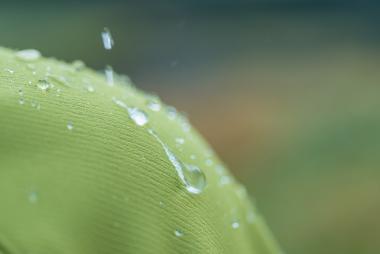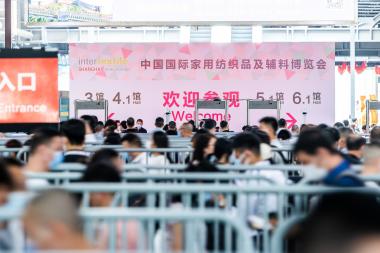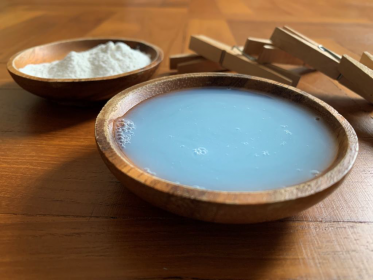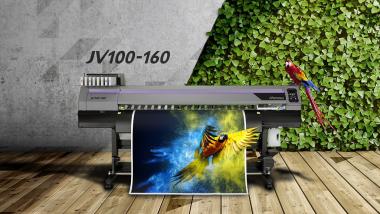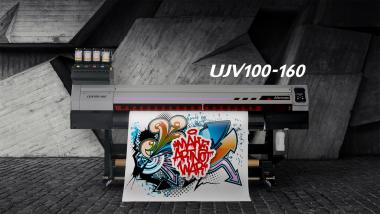Schoeller Textil AG: PFC-free, water-repellent ecorepel® technology further developed
- ecorepel® Dry Cleaning Resistant – ecological water repellency that is PFC-free and dry cleaning resistant
In recent years, the textile industry has developed significantly in terms of environmentally-friendly water repellency. Many manufacturers have already successfully replaced textile finishes containing fluorocarbons with fluorocarbon-free (PFC-free) finishes.
Nevertheless, many textiles equipped with alternative finishes are reaching their limits in performance. Especially when it comes to materials that are subject to heavy wear or require a special type of care.
The PFC-free, water-repellent ecorepel® technology launched by schoeller® in 2012 has now been further developed to allow for successful application on textiles and apparel that are “dry clean only.”
ecorepel® DCR achieves impressive water-repellency results, even after several home launderings and professional dry cleaning cycles. The resistance to professional dry cleaning refers to the F-cleaning symbol, which stands for a recommended cleaning process for sensitive fabrics using hydrocarbon solvents. In addition, tests show that materials finished with ecorepel® DCR are highly resistant to abrasion and scuffing.
ecorepel® DCR technology is now available for licensing and can be used in a variety of applications, such as outdoor, sport and fashion apparel, as well as upholstery fabrics.
Schoeller Textil AG


